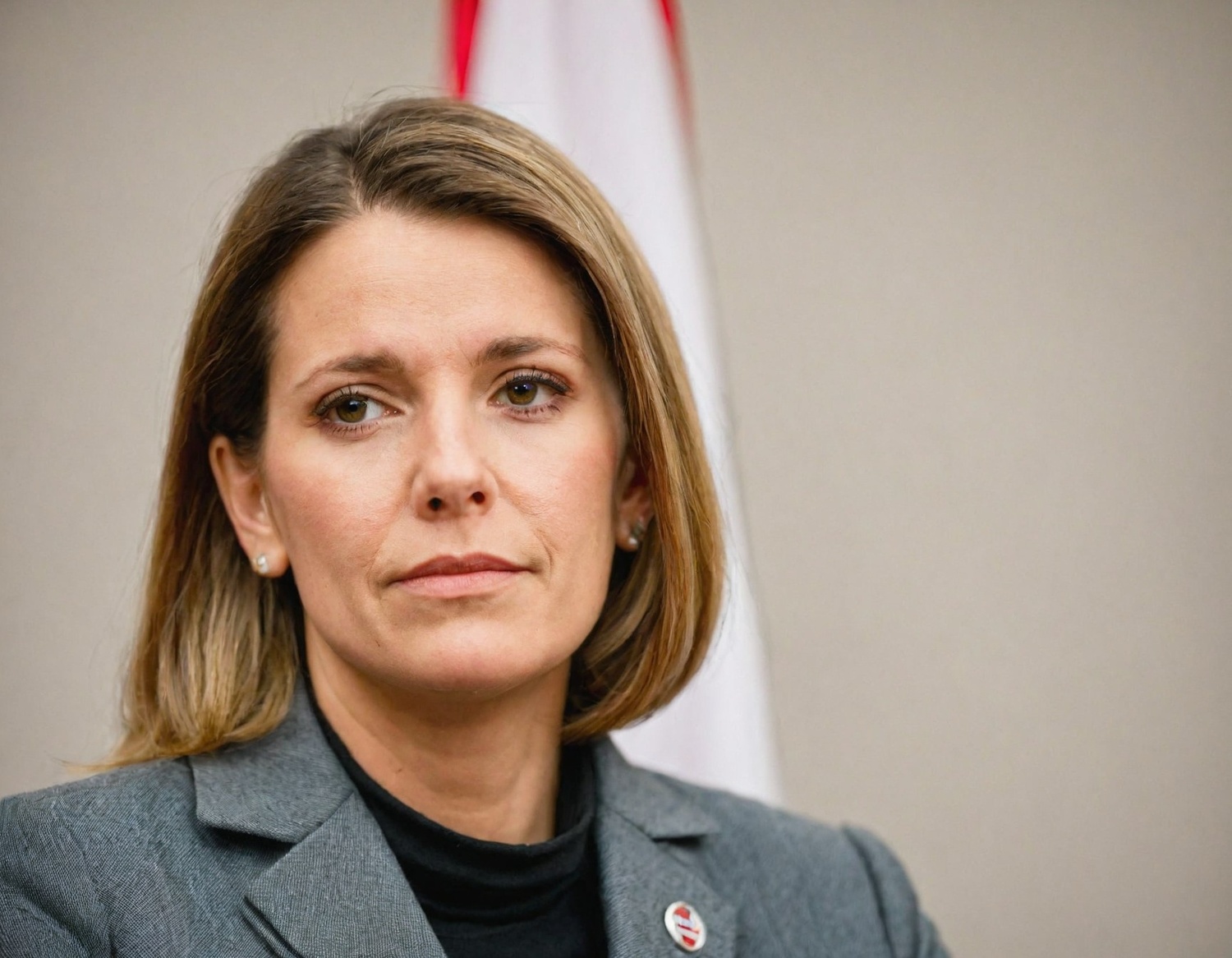Vienna, Austria – FPÖ State Councillor Christoph Luisser has called on the Austrian federal government to implement far-reaching reforms to the country’s citizenship laws. In a series of public statements, Luisser emphasized the need for more rigorous requirements to obtain Austrian citizenship, positioning it as a privilege that must be earned rather than a benefit easily granted.
Luisser’s remarks come in contrast to recent comments made by former U.S. President Donald Trump, who lauded the affordability of the newly introduced Golden Visa Program—an initiative offering permanent residency and a pathway to citizenship in exchange for investment—as “a bargain.” Luisser rejected this perspective, asserting that an Austrian passport is “not a bargain item at a bargain price,” according to the report.
The State Councillor argued that Austria must protect the integrity and value of its citizenship by ensuring that applicants meet more stringent criteria. “Austrian citizenship is a valuable asset. It is a privilege, not a commodity to be handed out lightly,” Luisser stated. He urged the federal government to take legislative action to revise and tighten the existing citizenship framework.
Proposed Reforms: Language Requirements, Dual Citizenship, and Criminal Background Checks
Among Luisser’s proposed reforms is the introduction of stricter language proficiency requirements. Currently, citizenship applicants are required to demonstrate German proficiency at the B1 level; Luisser has advocated for raising the standard to at least B2 to ensure stronger integration and communication skills among prospective citizens.
He also reiterated the FPÖ’s long-standing opposition to dual citizenship. According to Luisser, applicants must be required to renounce their previous nationality as a prerequisite for obtaining Austrian citizenship. “If someone is not willing to give up their former citizenship, then they should not be granted an Austrian passport,” he stated.
Luisser further proposed that individuals who have committed certain serious criminal offenses—particularly intentional crimes—should be automatically disqualified from acquiring citizenship, regardless of how long ago the offense occurred. He argued that Austria must uphold high moral and legal standards for those seeking to become part of the national community.
Additionally, the State Councillor suggested increasing the financial costs associated with citizenship applications, arguing that the process should reflect the value of the rights and responsibilities conferred by Austrian nationality.
Citizenship and Asylum Must Be Treated Separately, Says Luisser
A particularly contentious element of Luisser’s proposals is his stance on asylum seekers. He stated unequivocally that receiving asylum in Austria should not serve as a stepping stone to citizenship. “Asylum and citizenship are fundamentally different legal statuses. Just because someone is granted protection does not mean they should eventually receive a passport,” he explained.
Luisser expressed concern that current policies may blur the lines between humanitarian protection and national inclusion, potentially undermining public trust in the system. His remarks reflect broader efforts by the FPÖ to tighten immigration controls and reassert national sovereignty in citizenship matters.
Government Moves to Address Migration Pressures
Luisser’s call for stricter rules comes at a time when Austria is grappling with increasing pressure on its migration system. In response to rising numbers of irregular entries, Austrian authorities have reintroduced border controls with several neighboring countries, including Czechia, Slovakia, Hungary, and Slovenia. These measures aim to curb unauthorized migration and strengthen internal security.
Moreover, the Austrian government announced earlier this year a temporary suspension of family reunification procedures for certain migrant groups. The decision followed discussions between the Ministry of the Interior and the Ministry of Integration and was attributed to a sharp rise in family reunification applications over the past few years.
According to the Interior Ministry, approximately 18,000 individuals entered Austria through family reunification in March 2025 alone, with a substantial proportion being minors. This surge has raised concerns about the country’s capacity to process and integrate new arrivals effectively, leading to calls for a more measured and strategic approach to immigration.
A Shifting Political Landscape
Luisser’s proposals are likely to resonate with segments of the Austrian electorate concerned about migration, integration, and national identity. They also reflect broader political trends across Europe, where right-wing and nationalist parties have increasingly gained traction by advocating for tighter immigration and citizenship laws.
While the Austrian government has yet to formally respond to Luisser’s specific recommendations, the debate over who should be eligible to become an Austrian citizen—and under what conditions—is expected to intensify in the coming months, particularly in the lead-up to upcoming elections and potential reforms in migration and integration policy.








